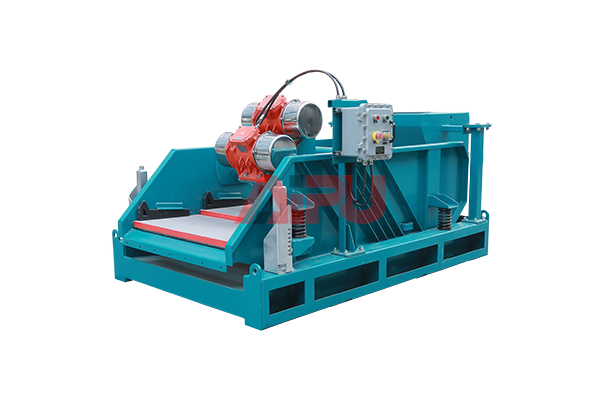The efficiency of solids control equipment plays a critical role in determining its overall performance in drilling operations. When comparing different systems, factors such as separation accuracy, processing capacity, and energy consumption directly impact operational success. Higher efficiency often translates to reduced waste, lower costs, and improved environmental compliance.
Modern drilling operations demand equipment that can handle varying soil compositions while maintaining consistent performance. The most efficient systems achieve superior solids removal with minimal fluid loss, preserving valuable drilling fluids. This balance between separation effectiveness and fluid conservation separates average equipment from high-performance solutions.
Key efficiency metrics include:
- Particle removal rates across different size ranges
- Processing capacity per unit of energy consumed
- Maintenance requirements and downtime frequency
- Adaptability to changing drilling conditions
Field studies demonstrate that a 15% improvement in separation efficiency can reduce waste disposal costs by up to 30%. The relationship between efficiency and performance isn't linear - small gains in critical areas often produce disproportionate benefits in overall operation economics.

Operators must consider both immediate performance metrics and long-term reliability when evaluating equipment. The most efficient systems combine advanced separation technology with robust construction to maintain performance through extended drilling campaigns. This durability factor often proves more valuable than peak efficiency ratings alone.
If your project requires solids control equipment, choose Aipu Solids Control, we believe it will be your best choice.
